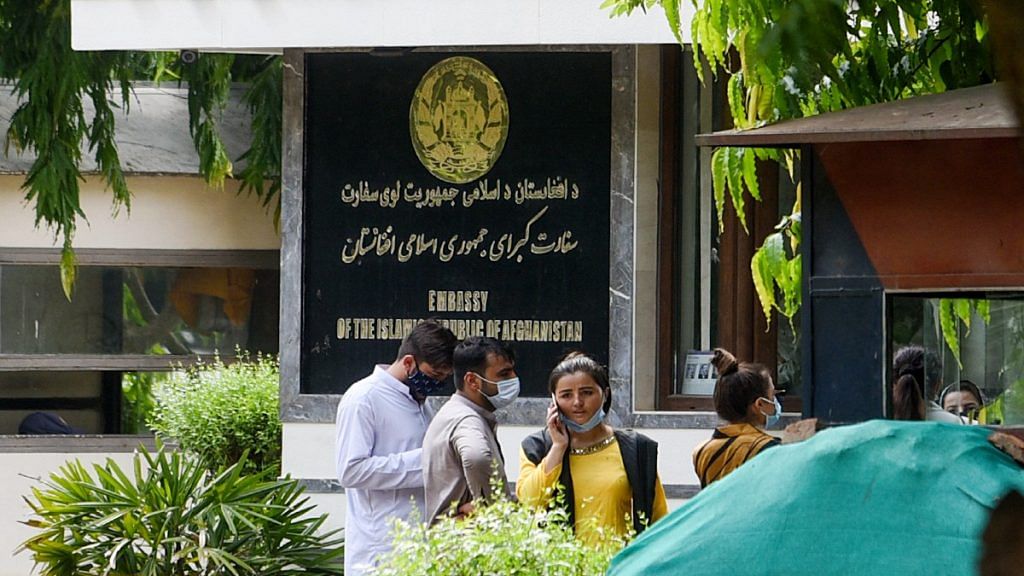New Delhi: Afghanistan Ambassador to India Farid Mamundzay thanked the Indian government Wednesday for relaxing fumigation norms till May 2023 for agricultural imports from the country.
Afghan traders had been demanding this for some time now, he said, adding that the relaxation will ease trade between New Delhi and Kabul. In a series of tweets, Mamundzay added that the move will also enable struggling Afghan farmers to export their products to a “reliable market”.
Appreciate Indian Ministry of Agriculture’s decision to relax the fumigation regulations for imports of agricultural commodities until May 2023. Afghan traders consistently requested this move, which will not only ease trade between our countries but will also benefit 1/2 pic.twitter.com/8NRelSRJ1x
— Farid Mamundzay फरीद मामुन्दजई فرید ماموندزی (@FMamundzay) May 18, 2022
Relaxation of fumigation norms for agricultural imports is not new. The Government of India issued similar notifications almost every year between 2017 and 2021, and once in 2014.
On 7 May, the India’s Ministry of Agriculture and Farmers Welfare notified the relaxation of fumigation regulations — under the Plant Quarantine (Regulation of Import into India) Order, 2003 — for several countries, including Afghanistan.
Prior to this, dry fruit consignments from Afghanistan, for example, had to undergo fumigation with methyl bromide, which was seen to be a tedious process that also impacted the quality of the product.
Afghanistan has traditionally exported agricultural products like nuts, coffee, tea, spices, fruits, vegetables, and oilseeds to India.
Bilateral trade
Prior to the Taliban takeover last August, bilateral trade between India and Afghanistan had touched $1.5 billion in the financial year 2019-20. But sanctions from the West following the Taliban takeover, which coincided with severe drought, have since forced the Afghan economy into economic isolation.
Due to disruptions in banking, payments between traders in Afghanistan and India are now reportedly taking place via “third parties” in Dubai.
In his tweets Wednesday, the Afghan envoy also mentioned that many Afghan farmers planted “seeds of hopes” to reap a full harvest this year, though they appear to be “futile wishes”.
Mamundzay was referring to the hardships being faced by Afghan farmers and traders as a result of the economic crisis that has engulfed the country.
According to a World Bank report released last month, per capita incomes in Afghanistan are likely to have fallen by around one-third in the last months of 2021, wiping out much of the economic gains accumulated since 2007.
Afghanistan’s economic collapse has mainly been driven by “sharp declines in international grants, loss of access to the overseas assets of the central bank, disruption to international banking relationships, and a loss of investment confidence”, noted the World Bank report.
(Edited by Amrtansh Arora)
Also Read: Hibatullah can hide his face. But not the emerging struggle within Taliban leadership
